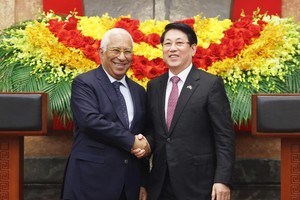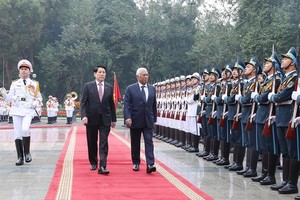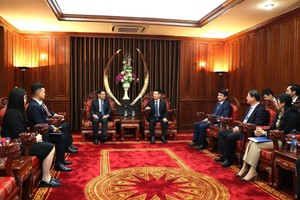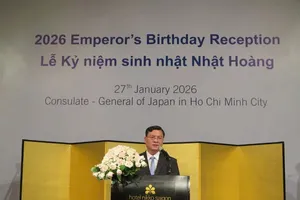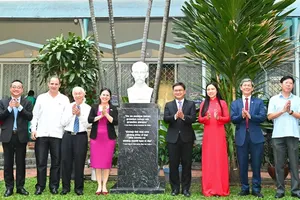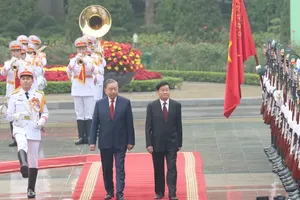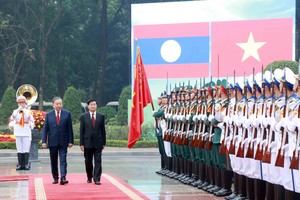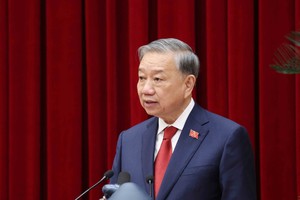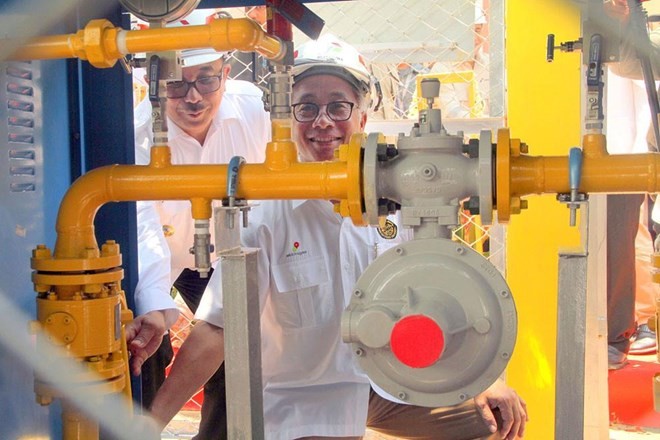
At the exploration stage, the tax office will waive outstanding value added tax (VAT) or luxury tax (PPnBM) on acquired taxable goods used in the oil exploration process. It also deducts 100 percent of outstanding land and building tax (PBB) related to oil and gas projects.
The tax office will provide similar tax incentives for companies at the exploitation stage that cannot achieve a certain internal rate of return. The eligible companies must have certain working areas, such as developments of unconventional oil and gas fields.
The tax authority also relaxes income tax and VAT requirements on certain services.
These various incentives are given to increase the frequency of oil and gas discoveries and to improve the investment climate for upstream oil and gas activities, according to a press statement released by the tax office.
The tax incentives came after the Energy and Mineral Resources Ministry announced a regulation that will open access for industry stakeholders to the nation’s oil and gas data, which is expected to encourage exploration and exploitation.
Indonesia has 3.15 billion barrels worth of proven oil reserves and burned through 450.78 million barrels of fuel last year, ministry data show. The government expects the data regulation will help accelerate exploration to 4.36 billion barrels of potential oil reserves and 39.49 trillion standard cubic feet of potential gas reserves.
